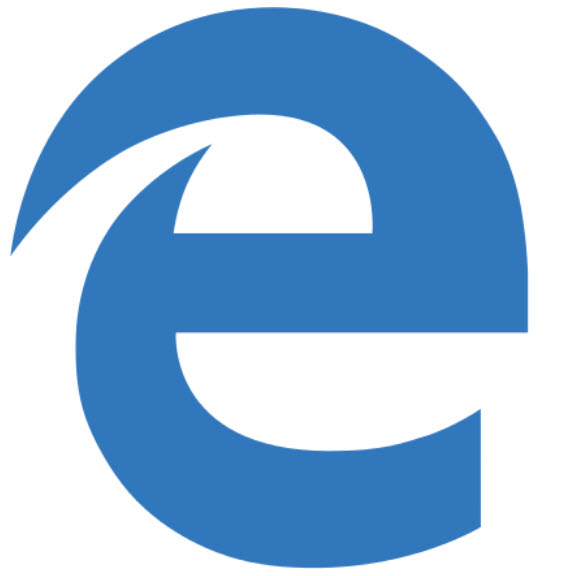With the launch of its Edge browser, Microsoft ends an antitrust era

In a detailed blog post this week, the team developing Microsoft's new Windows 10 web browser detailed some of the security improvements it will usher in with the launch of Microsoft Edge.

But one small subhead, buried in the middle of the post, leaped out at me and inspired flashbacks to the contentious U.S. v. Microsoftantitrust trial of the late 1990s.
"Microsoft Edge is an App."
It's hard to overstate what an enormous change that is from the core argument Microsoft made almost two decades ago.
Reading the court's Findings of Fact today is like stepping through a wormhole into an alternate universe.
Under the heading "Viable Alternatives to Windows," for example, there's a lengthy discussion of the market for "Intel-compatible PCs" and the available operating systems: OS/2, Linux, and BeOS. Little did Judge Thomas Penfield Jackson realize that Apple would successfully shift to Intel-compatible PCs a few years later, running an operating system based on Steve Jobs' NeXTSTEP operating system, which was already a decade old.
Meanwhile, Linux would eventually succeed, but only by shape-shifting into Android and dominating the non-x86, non-PC mobile platform.
It's also odd to read the long sections on Netscape's business model, which consisted in large part of charging users for web-browsing software. The court argued that Microsoft was leaving substantial amounts of money on the table, and thus clearly abusing its monopoly power, by giving away its browser:
In pursuing its goal of maximizing Internet Explorer's usage share, Microsoft actually has limited rather severely the number of profit centers from which it could otherwise derive income via Internet Explorer. For example, Microsoft allows the developers of browser shells built on Internet Explorer to collect ancillary revenues such as advertising fees; for another, Microsoft permits its browser licensees to change the browser's start page, thus limiting the fees that advertisers are willing to pay for placement on that page by Microsoft.
That focus on building an installed base by giving things away for free turns out to have been a prescient one. Just ask any of today's billion-dollar startups, many of them based on the same "freemium" model of giving away the product and counting on either advertising or the willingness of a tiny fraction of customers to pay for premium features.
There are other names in that now-ancient document that are in recent news:
AOL, which was purchased by Verizon this week, was "a principal competitor to Microsoft's MSN service" back then.
Professor Ed Felten of Princeton University, who served as an expert witness for the Government and demonstrated how to remove Internet Explorer from Windows, was named this week as an advisor to the White House on policy decisions related to technology and innovation.
And in the late 1990s Sun's Java was seen as an existential threat to Microsoft. A few weeks ago, Microsoft announced that it would allow developers to take Java code written for Android apps and reuse it for Windows 10 apps.
Looking back on the antitrust case, it's hard to see how it did any good for consumers or businesses. The relief it offered didn't have any impact on the two companies that would go on to define modern computing: Apple and Google.
The court's first solution, splitting Microsoft into two companies, was tossed out by an appeals court. It's hard to see how it would have changed the computing world for the better.
Meanwhile, there's little reason to believe that Microsoft Edge is likely to be part of any antitrust trial. At least not in this universe.